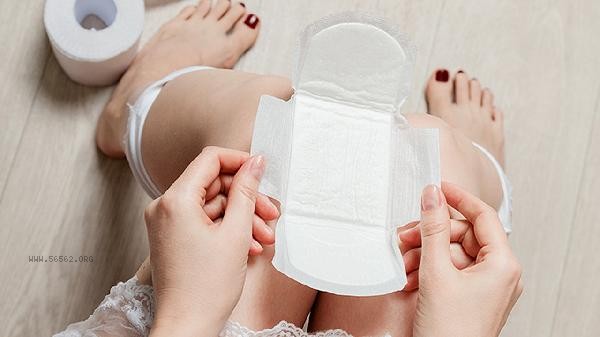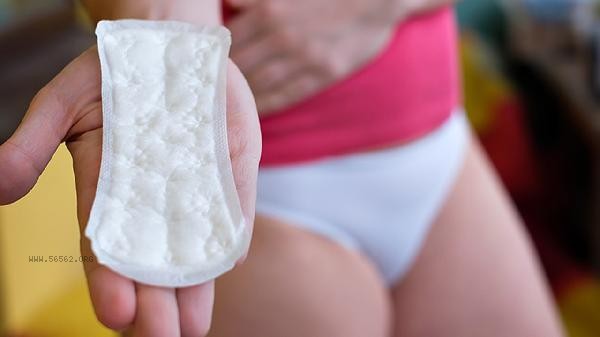Menstrual period is not the best time to lose weight. Women's bodies are more sensitive during menstruation, and blindly controlling diet or increasing exercise intensity may exacerbate discomfort and even affect health. During menstruation, the hormone levels in women fluctuate greatly, and the shedding of the endometrium can lead to the loss of iron. At this time, the body needs more nutritional support. Some women may experience edema, and a brief increase in weight is a normal physiological response. Deliberately reducing calorie intake may lead to problems such as anemia and fatigue, while high-intensity exercise may cause dysmenorrhea or exacerbate bleeding. During menstruation, the body's metabolic rate slightly increases, but this change has limited impact on the fat loss effect. A small number of women enter a stage of relatively vigorous metabolism about a week after their menstrual period. At this time, adjusting the diet structure appropriately and combining it with moderate exercise may be more beneficial for weight loss. But there are significant individual differences, and some people may not have obvious changes. After the end of menstruation, estrogen levels rise, the body's water storage decreases, and weight may naturally decrease, but this is not the result of fat loss.

It is recommended that women maintain a balanced diet during their menstrual period, supplementing with foods rich in iron and protein in moderation, such as lean meat, animal liver, dark vegetables, etc. You can choose low-intensity activities such as walking and yoga for exercise, and avoid strenuous activities. Weight loss should be achieved during a period of stable physical condition, through long-term and reasonable dietary control and scientific exercise, avoiding extreme weight loss during the physiological cycle.










Comments (0)
Leave a Comment
No comments yet
Be the first to share your thoughts!